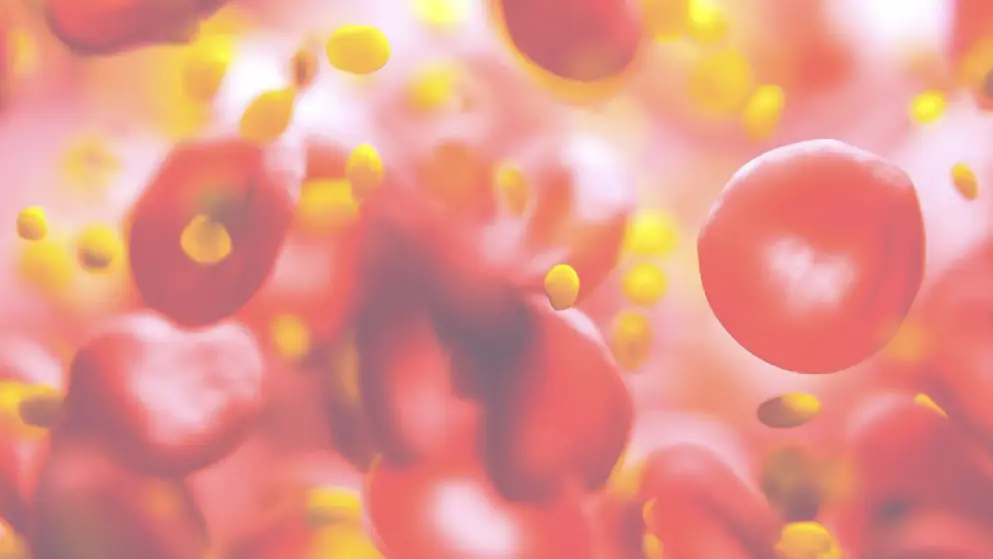
First-in-class cholesterol-lowering treatment Nilemdo (Nexletol in the U.S.) and its combination with ezetimibe, Nustendi (Nexlizet in the U.S.), approved In Europe to treat hypercholesterolemia and reduce cardiovascular risk
Daiichi Sankyo Europe GmbH, and Esperion Therapeutics, Inc. jointly announced that the European Commission (EC) has approved the label update of both Nilemdo (bempedoic acid) and Nustendi (bempedoic acid / ezetimibe fixed-dose combination (FDC)), as treatments for hypercholesterolemia (high levels of cholesterol) and to reduce the risk of adverse cardiovascular events.
The EC’s decisions to update the labels of bempedoic acid and bempedoic acid / ezetimibe FDC are based on the positive CLEAR Outcomes trial results and makes them the first and only LDL-C lowering treatments indicated for primary and secondary prevention of cardiovascular events.
The EC decisions follow the previous CHMP opinions received in March this year, and approved bempedoic acid and its fixed-dose combination (bempedoic acid / ezetimibe) for use in adults with established or at high risk for atherosclerotic cardiovascular disease to reduce cardiovascular risk by lowering LDL-C levels, as an adjunct to correction of other risk factors.
In Europe, around one in seven people have high LDL-C levels, and cardiovascular disease is the leading cause of death, responsible for more than 10,000 lives lost every day. However, up to 80% of patients do not reach guideline-recommended LDL-C goals despite receiving treatments such as statins and are at increased risk of a heart attack or stroke.
Bempedoic acid is a first-in-class oral treatment which lowers cholesterol, and which can be combined with other treatments to help lower cholesterol even further. Bempedoic acid provided additional cholesterol lowering of up to 28% on top of statin therapy, compared to placebo. Bempedoic acid / ezetimibe FDC combines two complementary ways of reducing cholesterol in a once-daily tablet, reduced LDL-C by 38% compared to placebo in high-risk patients already taking maximum-tolerated statin therapy.
“Today's announcement marks a pivotal moment in our ongoing efforts to reduce cardiovascular risk. With the new indication, which covers both primary and secondary prevention, we can support healthcare professionals to better meet the treatment needs in their daily practice. At the same time, we’re confident it will reassure patients that their medication truly addresses their CV risk. This reaffirms our commitment to be a trusted ally in improving cardiovascular care throughout Europe,” said Oliver Appelhans, Head of Europe Specialty Division, Daiichi Sankyo Europe GmbH.
“Today’s positive label update reaffirms the efficacy of both these treatments for reducing LDL-C levels and ultimately reducing patients’ risk of serious cardiovascular events,” said Professor Alberico Catapano, University of Milan, Italy. “The announcement will provide doctors across Europe with further confidence in prescribing bempedoic acid, alone or in combination with ezetimibe, for managing the needs of their patients.”
EC approval is based on results of the Phase III CLEAR (Cholesterol Lowering via Bempedoic Acid, an ATP citrate lyase (ACL)-Inhibiting Regimen) Outcomes trial. The trial randomized a total of 13,970 patients aged 18–85 years old and was conducted at 1,250 sites in 32 countries, including 485 sites across Europe. Results from the Phase 3 CLEAR Outcomes trial demonstrated: a 13% reduction in the relative risk of major adverse cardiovascular events defined as a four-component composite of death from cardiovascular (CV) causes, non-fatal myocardial infarction, non-fatal stroke or coronary revascularization (MACE-4).

